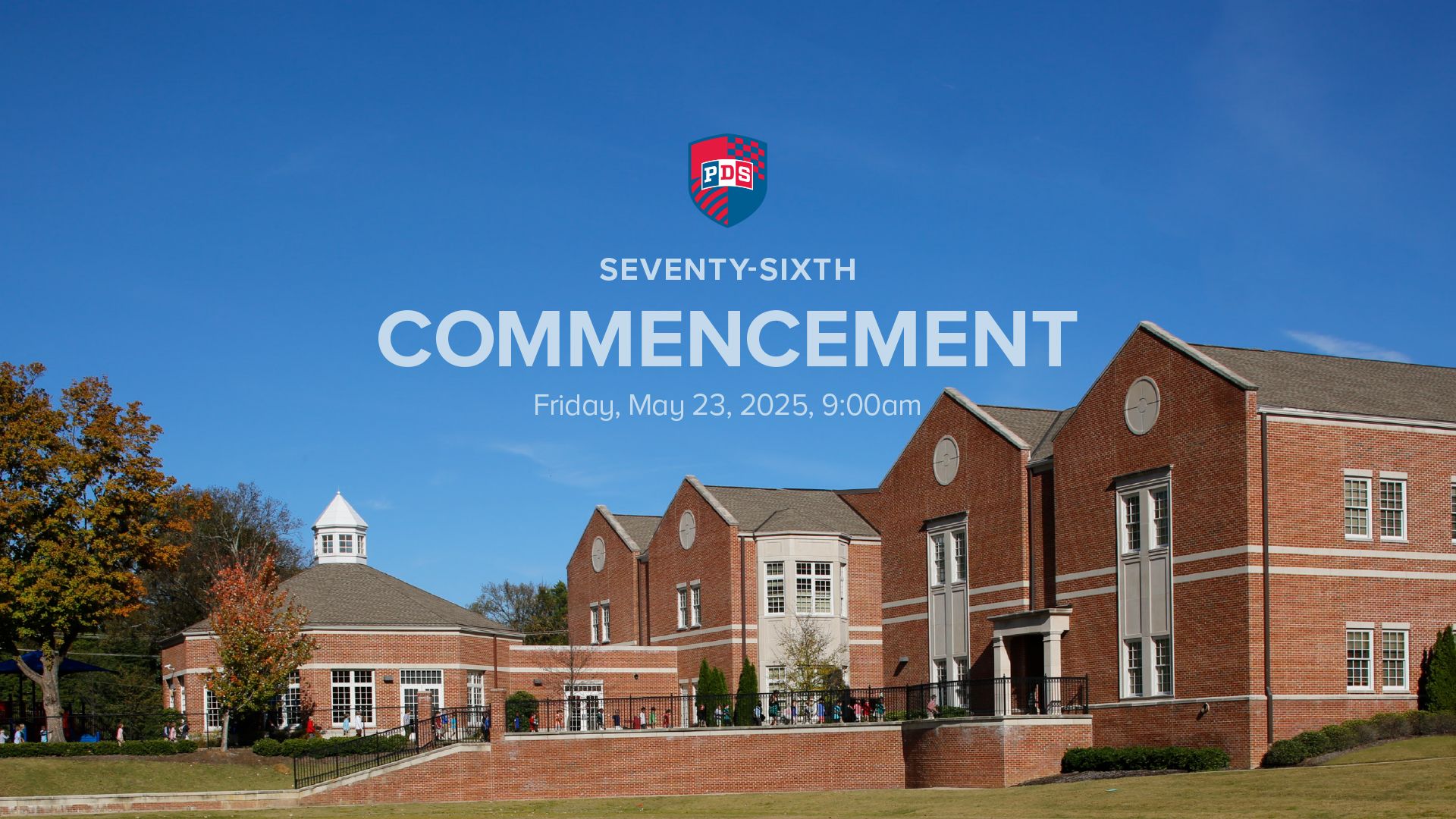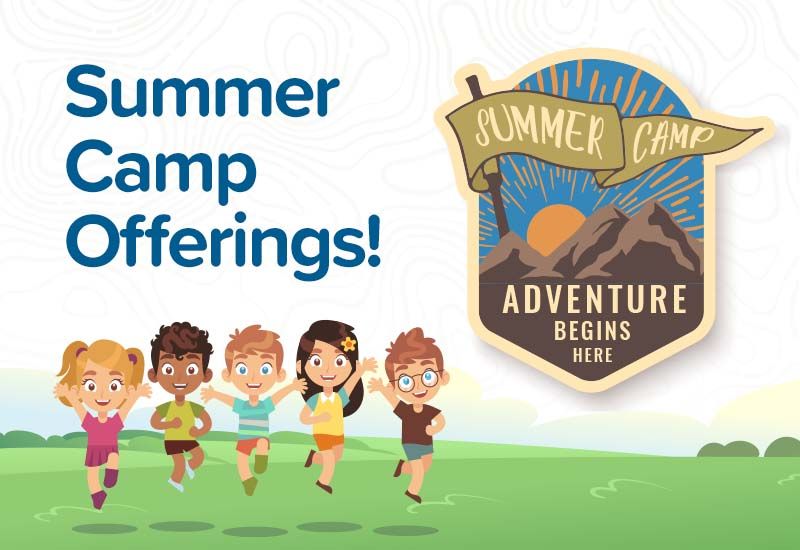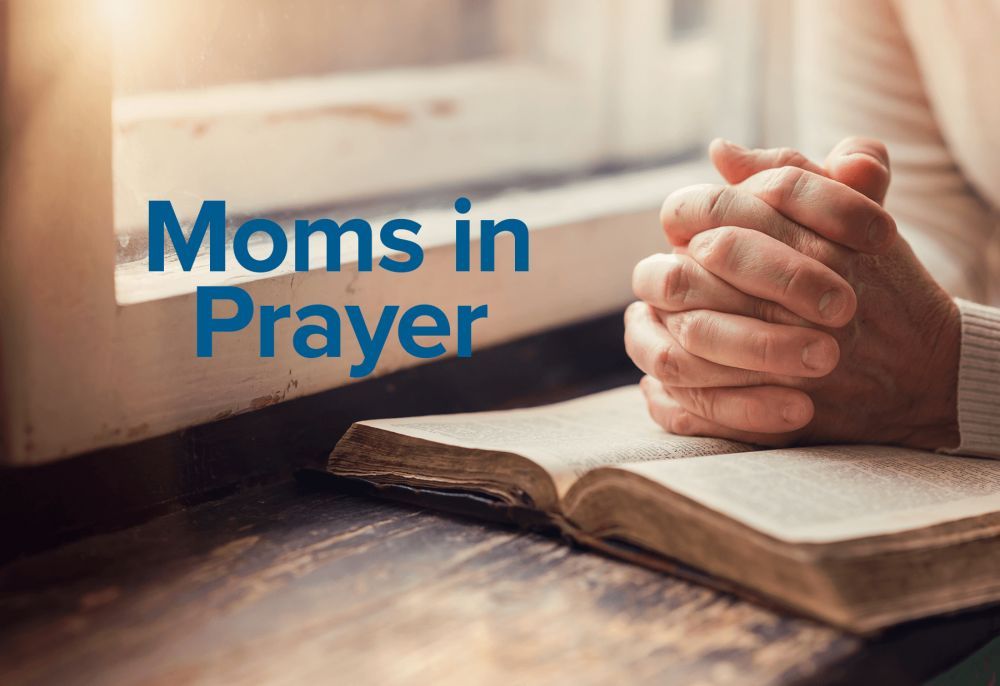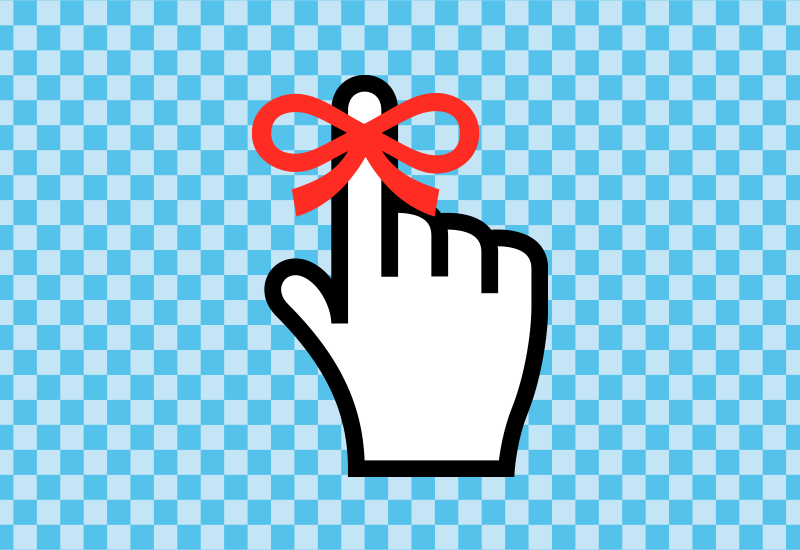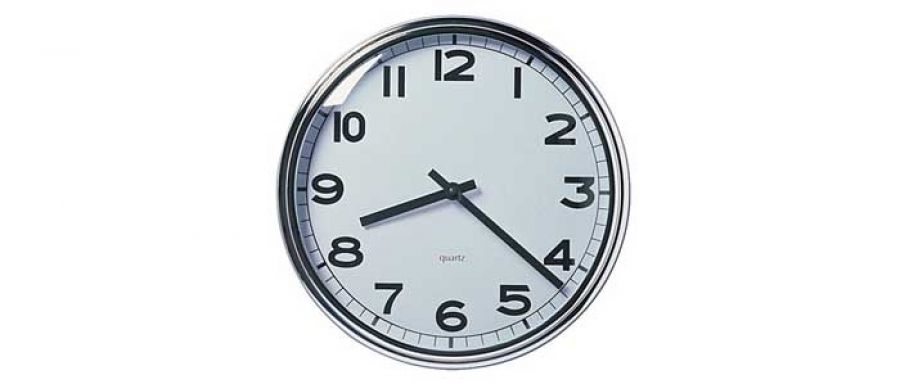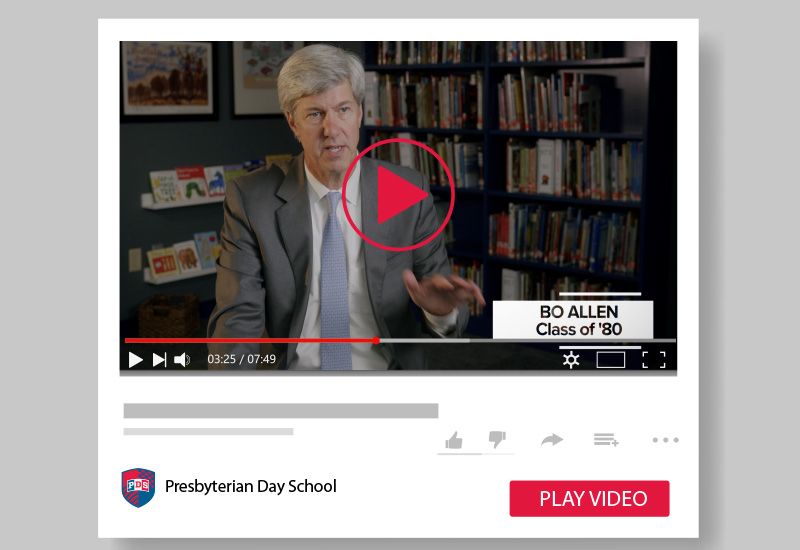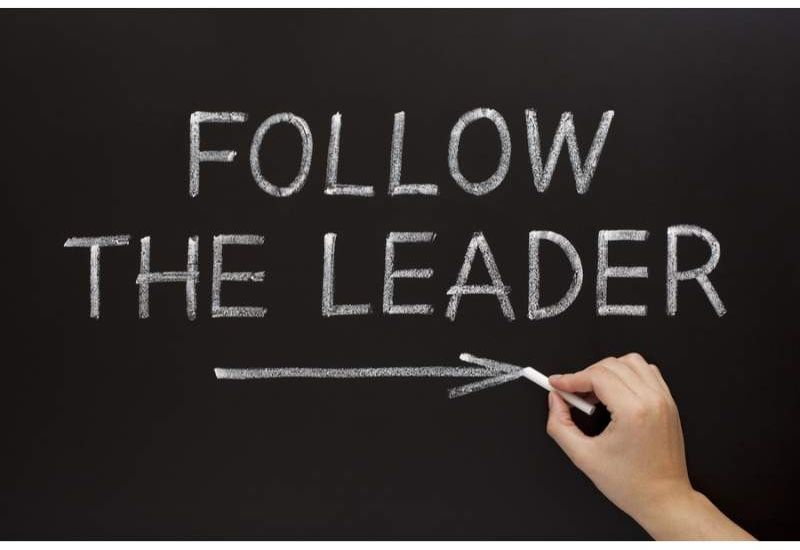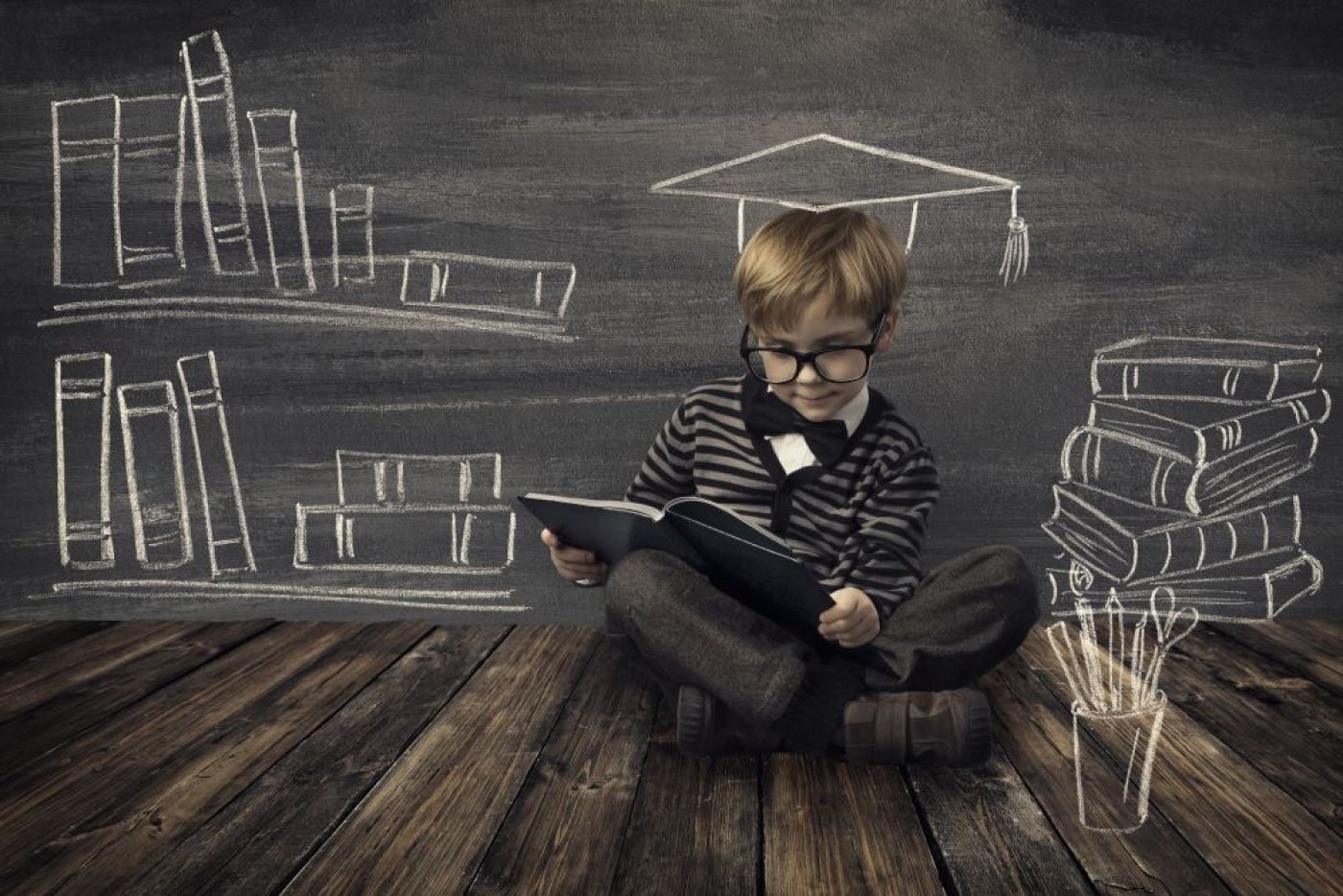
Why Choosing a Private School Has a High ROI
Universal public education is a modern concept. The first law that required public schooling was passed in 1852, in Massachusetts. By 1917, every state in America required public schooling. However, private schools have been around as early as the 6th century. The King’s School in Canterbury is the oldest known private school in Europe. Historically, private schools came first. They were preparatory schools for higher education or the army, or religious charity schools for the poor. They were supported by religious or independent institutions. Private schools are considered more prestigious because of the “double selection” process: parents choose the schools, and the schools accept the children. However, more and more, parents are asking if there is any real difference between the two. The main question is, for them: “Is sending my child to a private school worth the expense?”
What are the strongest protests against choosing a private school?
It is true that choosing a private school for your child is not just about the tuition. There are miscellaneous fees, field trip and equipment costs, and sometimes uniform costs, to consider. When examined in the short-term, it seems as if private schools are not worth the cost. In the long-term, however, studies have proven that choosing a private school does have a high Return on Investment, or ROI. This is true especially for the student.
What do studies say about private school ROI?
A study conducted by The Association of Boarding Schools surveyed almost 3,000 students and alumni. They found that 71% of the private school attendees felt themselves well-prepared for college academics, compared to 39% of the public school students. Less dramatically, 36% of private school students felt prepared to take on the larger responsibilities of college, compared to 23% of public school students. Thirty-six percent of private school students went on to graduate school, while 33% of those who held graduate degrees got top management positions. This was compared to 21% and 27% of public school students. So far, we have established only that private schools, statistically, do more to prepare students for their future academics and careers than public schools do. However, it does not stop there. The Institute for Fiscal Studies, or IFS, researched whether or not there was an income gap between employees who were private school graduates, and those who were public school graduates. They discovered that there was. Even holding the same university degrees, and practically the same positions with the same job descriptions, private school graduates earned up to 17% more than public school graduates. This was discovered from a sample size of 75,000 employees who had graduated in 2007, so had been working at least seven years (in 2014). Even when they adjusted for other factors — such as university choice — that might have influenced the pay grade, private school graduates earned up to 6.7% more. Another study by the Sutton Trust and UpReach had the same results. Private school graduates earned more upon graduation, and had faster pay increases, than public school graduates did.
71% of private school attendees felt themselves well-prepared for college academics, compared to 39% of the public school students.
Why does choosing a private school have high ROI?
UCL Institute of Education professor, Francis Green, set out to disprove the notion that private school students attained higher salaries just because they were perceived as more capable than public school students. His initial findings revealed that private school graduates were earning an average of 27.5% more than their public school counterparts, by the time they were 42. Because of this, Professor Green decided to study the lives of more than 11,000 graduates to figure out why. It turns out that, at the age of 10, private school children scored seven points higher on a self-esteem survey than public school children did. At the age of 16, private school children also scored higher on tests asking if they were willing to take on challenging jobs and prospects with promotion possibilities and better pay. Professor Green’s study concluded that private school graduates seemed to have an advantage simply in the fact that they expected more of themselves. They had higher self-esteem, and reached for loftier positions. At the same time, they did have certain academic advantages that made the private school education work for them.
Smaller Class Sizes: According to the Schools and Staffing Survey, or SASS, private schools in the United States have an average of 19 students per class, in both elementary and secondary schools. In contrast, public schools have an average of 22 students per class. Education experts consider an ideal class size to be fewer than 20 students. The moment a class size drops below 20, changes in grades and general achievements become evident. Studies have shown that students can increase their earning potential, and the possibility of accessing their chosen universities, by as much as 7.3% if the class size is small. Students also reflect an accelerated pace of learning (and therefore an ability to learn more), staying as much as 2 months ahead of peers in larger classes. A private school education increases the likelihood that a student will be in a small class.
Music and the Arts: Public schools are much more likely to cut their music and arts programs than private schools are. They are extracurriculars considered less necessary to academic achievement than adding extra classes boosting mathematics and reading. However, public schools tend to miss the advantages these extracurricular programs provide. While the psychology is complex, the statistics are simple: Students actively practicing music score 63 points higher on the verbal section, on average, than students not in a music program. They also score 44 points higher in math. Even students in lower-quality music classes showed a clear score advantage. On the other hand, Americans for the Arts reports that students who are in a musical program at least nine hours a week are four times more likely to be recognized both academically and for creative accomplishments. They are also more likely to be participative in such events as academic and creative contests, and tend to be more academically advanced.
Choosing a private school has high ROI
Small class sizes and music and arts programs do not cover all of the reasons private school students have a head start on their university and professional accomplishments. To put it simply, in the long-term, private schools equip students with the skills and self-confidence needed to go far in the professional world. Dollars spent on private education are an investment in a child’s future.
This email address is being protected from spambots. You need JavaScript enabled to view it.
Available year-round!
We love showing off our campus and our boys.
To Schedule a tour, contact Rachel Bishop, Director of Admission at

